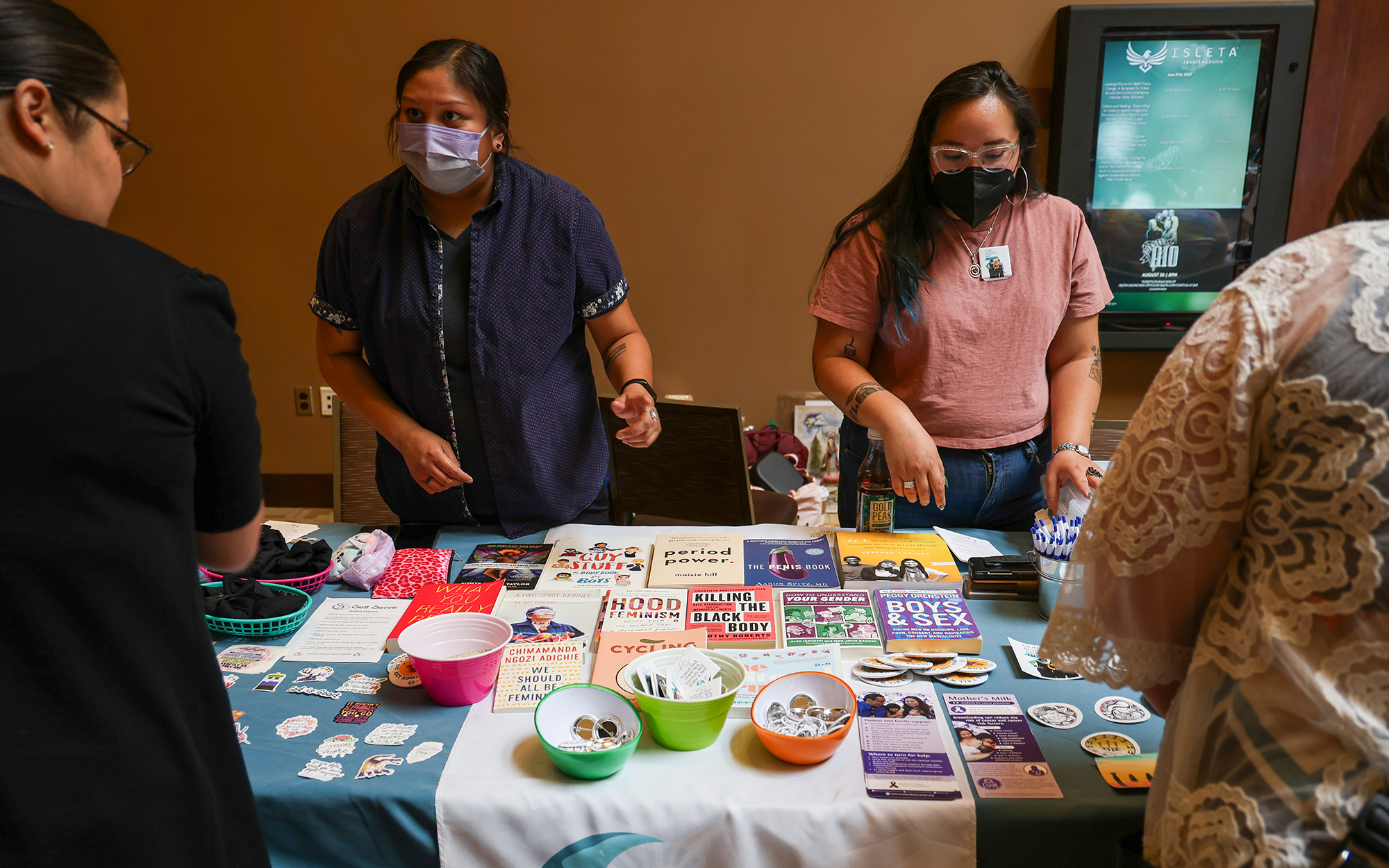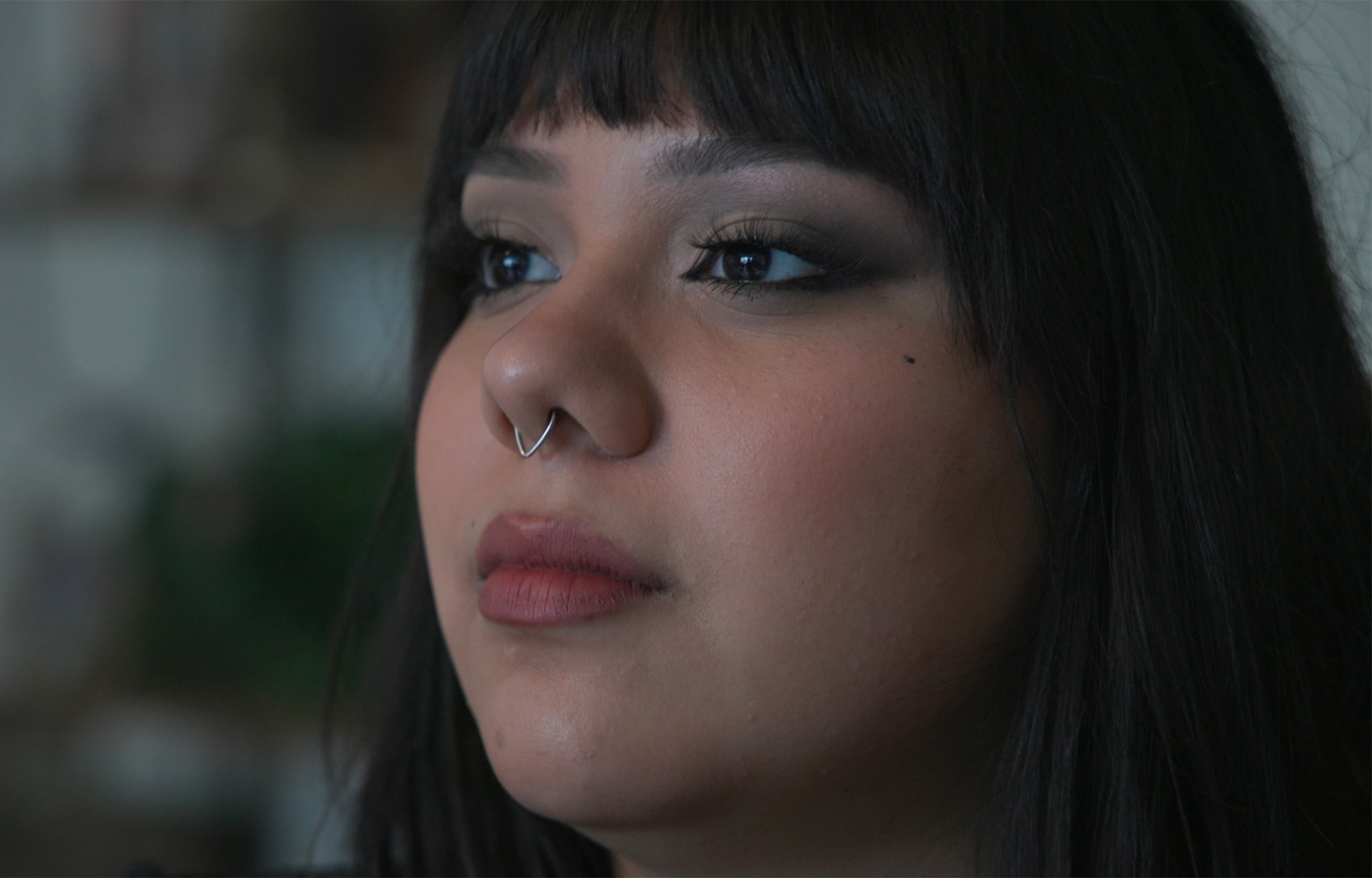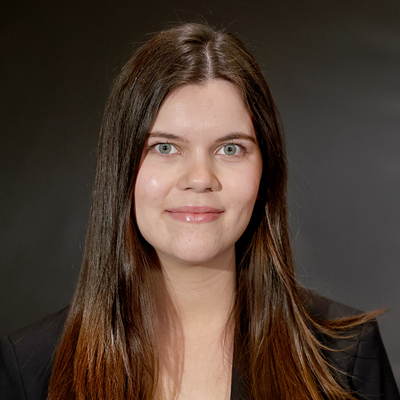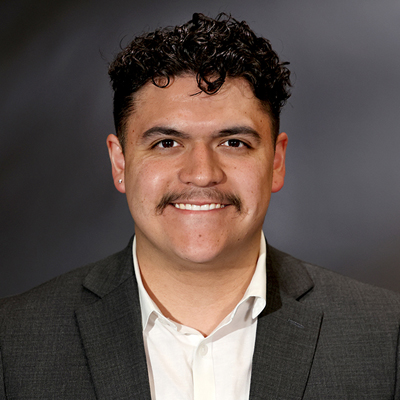

DakotaRei Frausto, who is Mescalero Apache and lives in San Antonio, was 17 years old when they learned they were eight weeks pregnant. Because of Texas’ six-week abortion ban, they had to travel to New Mexico for the procedure. (Photo by Kevin Palomino/News21)
17 and pregnant in Texas: One Indigenous teen tells their story
DakotaRei Frausto was 17 when they drove over 700 miles from Texas to New Mexico for an abortion. Now, they're using their experience to advocate for others.
Standing in the bathroom of their boyfriend’s house in San Antonio, DakotaRei Frausto gazed into the large mirror and found the reflection staring back was unrecognizable.
Their skin was a gray-green color, their face bloated and eyes marked with dark circles. And, despite being unable to keep down food, they had gained weight. They felt like their body was not their own.
“It was horrible,” said Frausto, who was 17 years old at the time. “Just watching the way you’re used to yourself looking change every single day into a person that you don’t recognize, and how weird and distressing that is.”
It was March 2022, six months after Texas enacted a six-week abortion ban, and Frausto had just discovered they were eight weeks pregnant.
The moment they saw the double line on the pregnancy test they knew they wanted an abortion. Frausto suffers from premenstrual dysphoric disorder, with debilitating pain and stress symptoms that already had caused them to drop out of school. But with their 38-day menstrual cycle, they didn’t know they were pregnant before the six-week limitation.
“I did not realize how many barriers there were going to be – from travel to wait times to laws to safety,” said Frausto, who is Mescalero Apache. “This six-week abortion ban is cruel, and it’s unrealistic.”
Though they are not registered with a tribe and live in an urban area, they faced the same obstacles as many Indigenous women in obtaining care.
Since 1976, federal law has prohibited nearly all abortions at Indian Health Service clinics. Indigenous people were always forced to travel long distances for the procedure. Now, many must cross state lines because of bans, like the one in Texas, that have shuttered private clinics.
“Autonomy, sovereignty and freedom to make choices about our body, health and future (is) a privilege that we have been denied for centuries,” Frausto said. ”Indigenous women face significant barriers and inequities in accessing health care.”
Unsure what to do, Frausto, like others in their position, first tried to terminate the pregnancy on their own. They Googled “what to avoid while pregnant,” then tried it all: alcohol, ibuprofen, food, starvation – even throwing themselves stomach first onto the floor.
“I even … consumed my entire spice cabinet hoping that it would induce an abortion,” they said. “I had no clue what my options were … and so I was just trying anything and everything.”
They were afraid to tell anyone, because the Texas law includes penalties for people who help others obtain an abortion.
“Anyone who … helped with your abortion … could get fined $10,000 just for your health care,” they said. “It was horrifying to know that I was putting my family in that danger and my friends in that danger. And I was like, who do I even want to tell?”
When Frausto finally told their mother, she suggested they call the local Planned Parenthood to see what providers would say. A friend of their mother’s asked if Frausto could carry the pregnancy to term for her to adopt, but Frausto, who was already experiencing painful pregnancy symptoms, said no.
Planned Parenthood in Texas recommended clinics out of state, but with access in limbo all across the country, Frausto was worried they’d drive someplace only to learn they couldn’t get the procedure.
“But luckily, I decided to go to Planned Parenthood in Albuquerque, New Mexico.”
First, they had to wait a month for an appointment because the clinic in Albuquerque was overrun by people from other states seeking abortions.
The next issue was no car or money to make the trip. Frausto turned to TikTok to share their dilemma, and people donated. When they finally told their father, he said he would dip into savings to cover the remaining costs. Frausto’s mother then borrowed a car for the 700-mile, 11-hour drive.
The procedure was completely different from their past experiences with reproductive care, Frausto said, where they were “dismissed” and “dehumanized” for being young and Indigenous.
“I was treated like a human for the first time.”
After the procedure, Frausto’s mother drove them and their boyfriend to the Sandia Mountains, where they played in the snow.
“It felt like there was such a big weight lifted off of me,” Frausto said. “My abortion saved my life. … I wouldn’t change that for anything.”
This fall, Frausto started their first year at San Antonio Community College to study public policy analysis. They said they will not stop advocating for abortion access, or for the people who need it most.
“At the end of the day, there is no pro- or anti-abortion. There are people who are affected by this legislation, and that’s all of us,” they said. “We need to work to do better for the people that are being hurt by this legislation and by this stigma and by this entire fight.”
News21 reporters Kevin Palomino and Tori Gantz contributed to this story.





